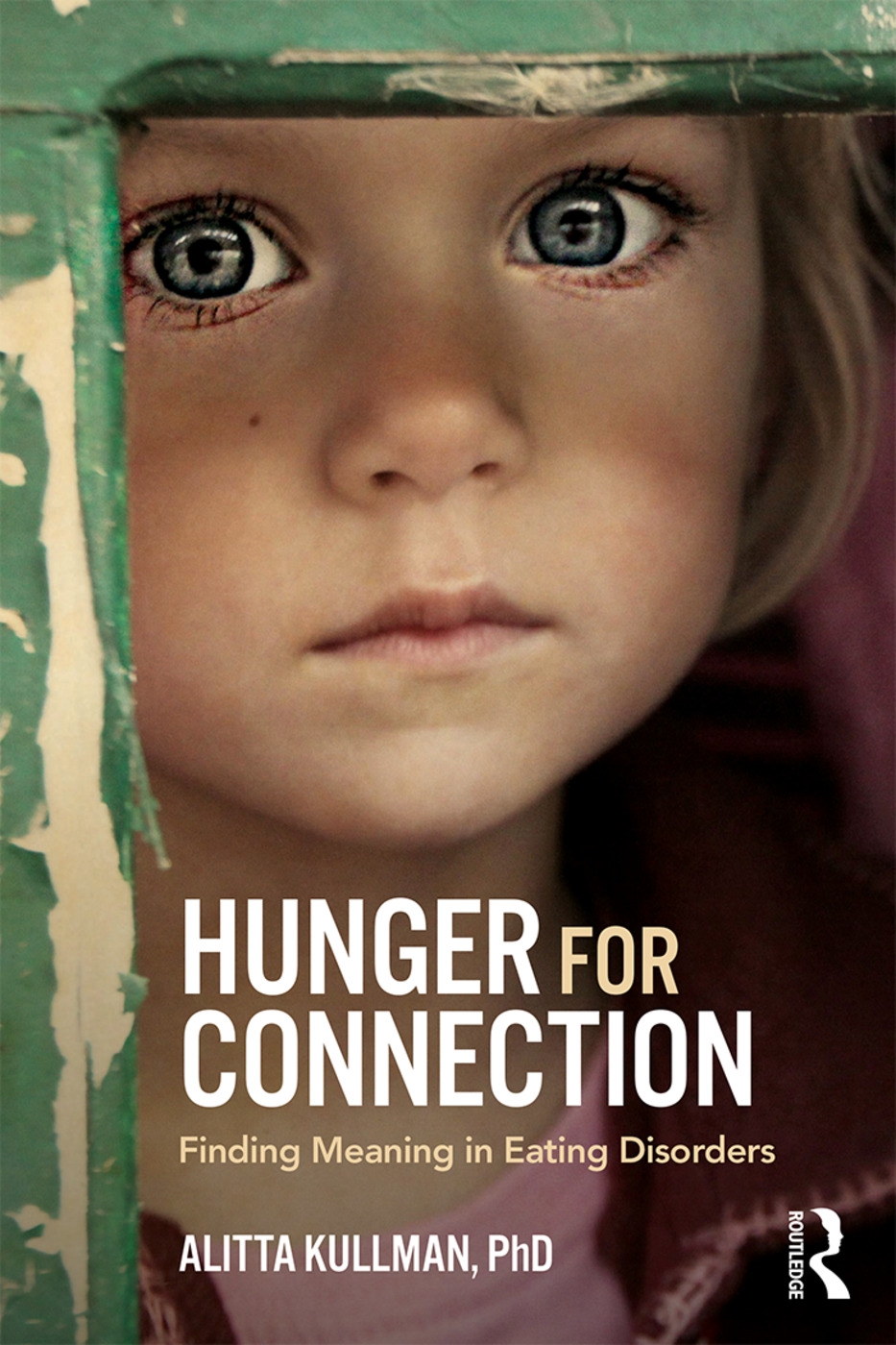Who develops which eating disorder and why? When do eating disorders begin and what fuels them? In Hunger for Connection, psychoanalyst and eating-disorder specialist Alitta Kullman expands on the "body/mind" personality organization she calls the "perseverant personality," illustrating how food and thought are linked from infancy, and for some, can become the primary source of nurturance and thought-processing for a lifetime—leading to what we call an eating disorder.
Kullman introduces nearly a dozen innovative terms to the psychological literature that help capture and give new meaning to the solitary, cyclical, or "perseverant" eating and thinking patterns of bulimia, binge-eating disorder, and "yo-yo" binge/dieting—explaining how and why they differ from what she calls the "restrictor" disorders of anorexia, chronic starvation dieting, and chronic (non-medical) obesity. She builds her case by way of engaging illustrations of her interactions with patients, combining her relational psychoanalytic perspective with meditative and cognitive-behavioral strategies to propose the "both/and" treatment approach she calls "un-covery."
Writing in a highly accessible style, Kullman brings humor and gentleness to her interactions with patients, offering health professionals an essential guide to understanding and working with cyclical eating disorders of all types. From psychoanalysts, psychotherapists, and counsellors, to eating disorder specialists, researchers, and students, Hunger for Connection not only provides guidelines for therapists of varying theoretical orientations and levels of expertise, but help and hope to people who suffer with eating disorders and those who care for and about them.












